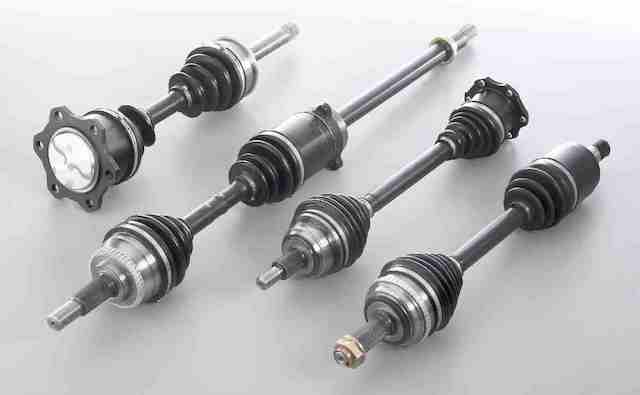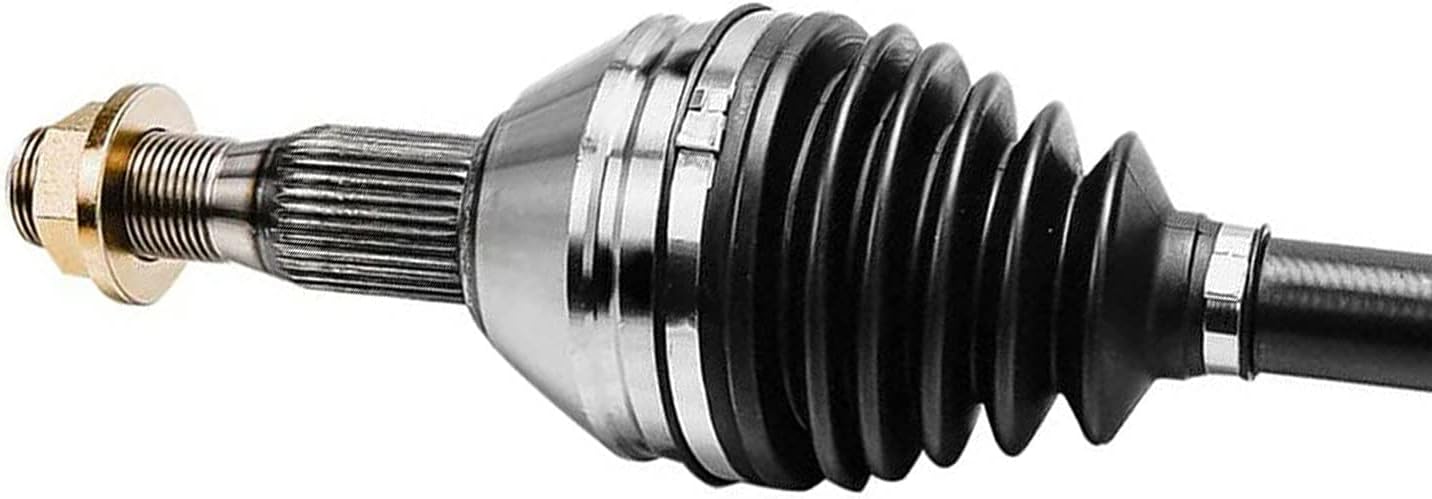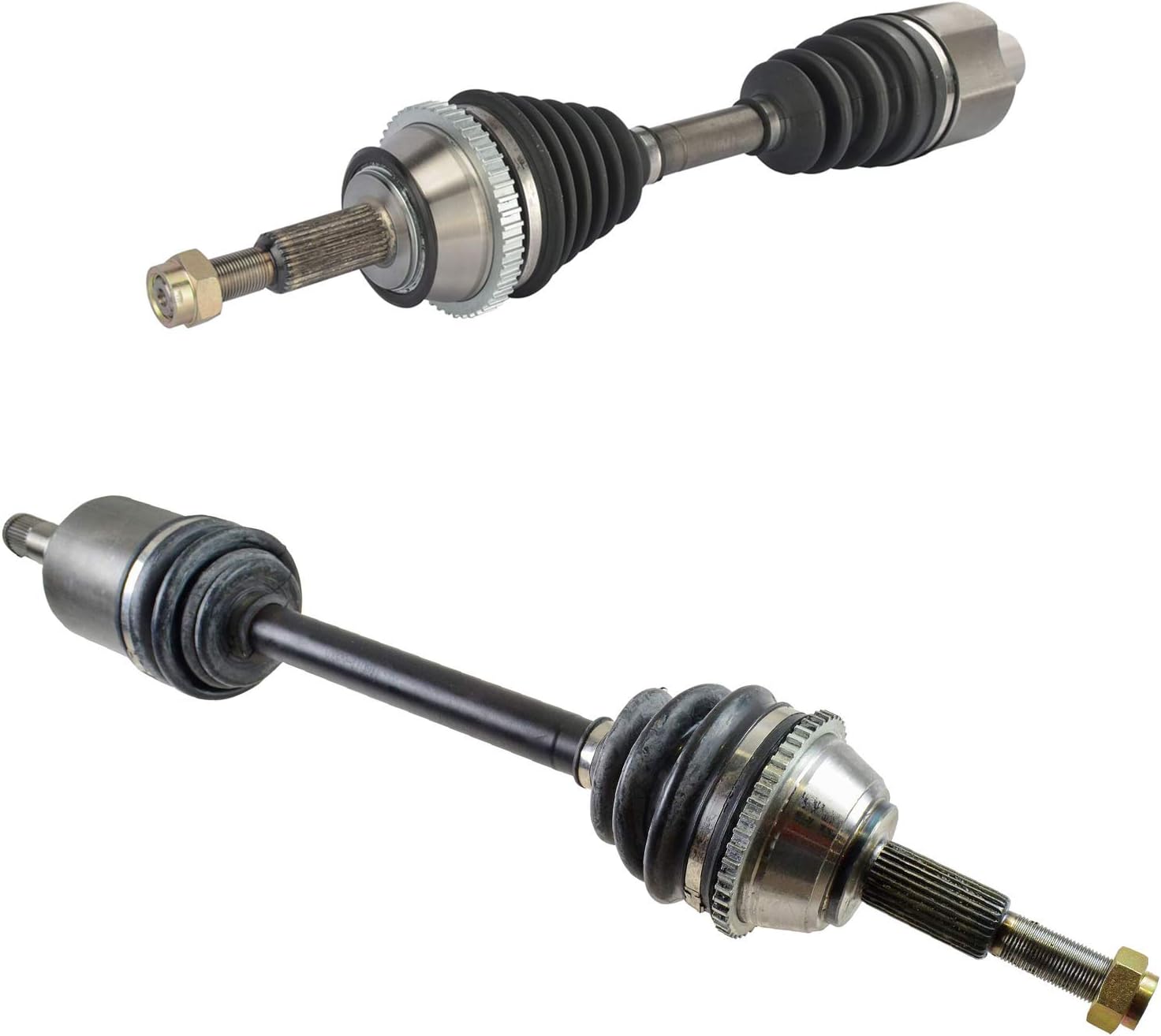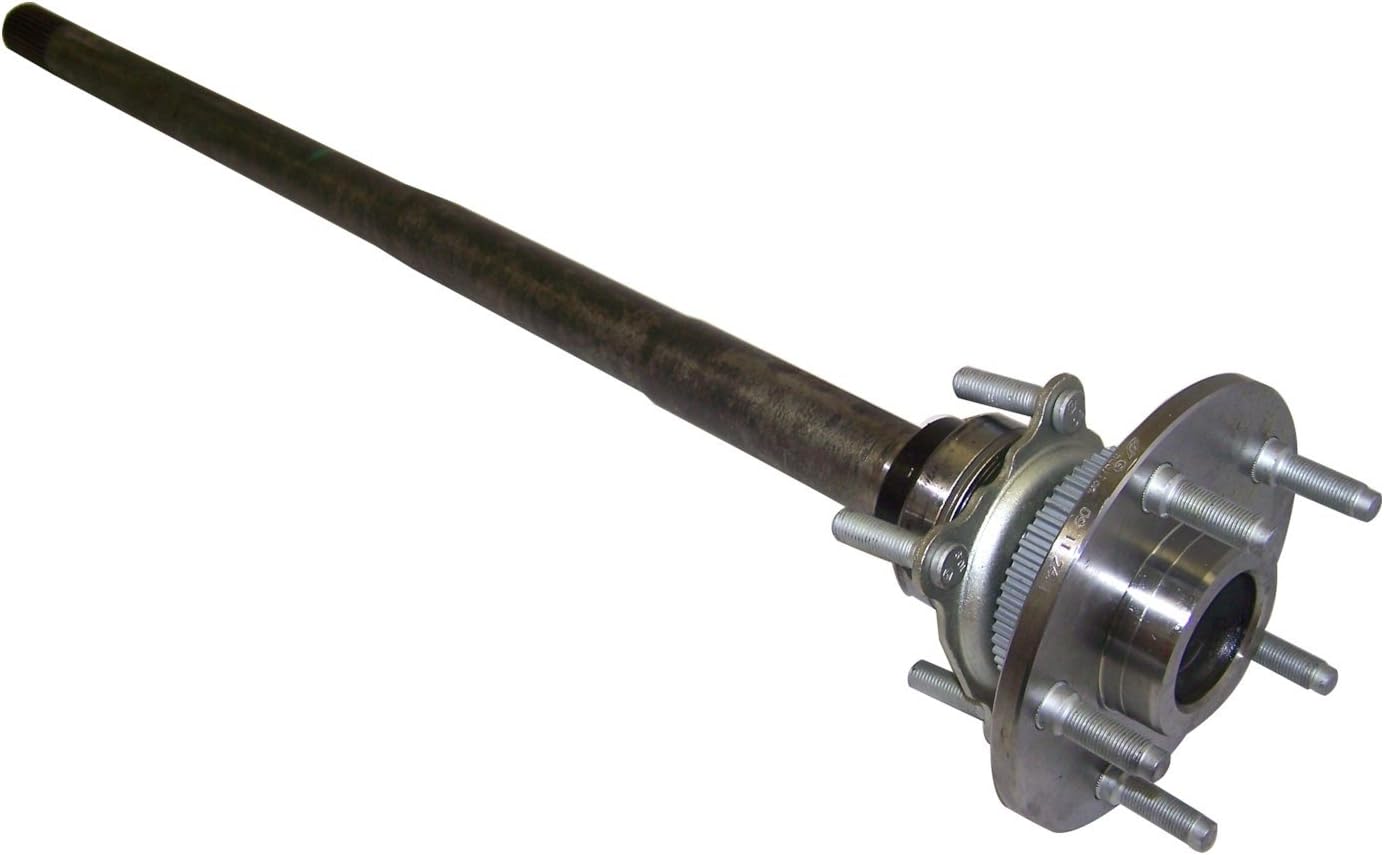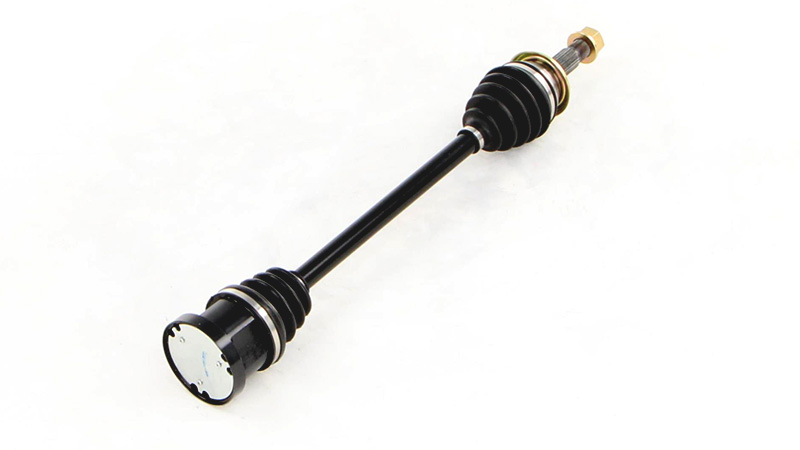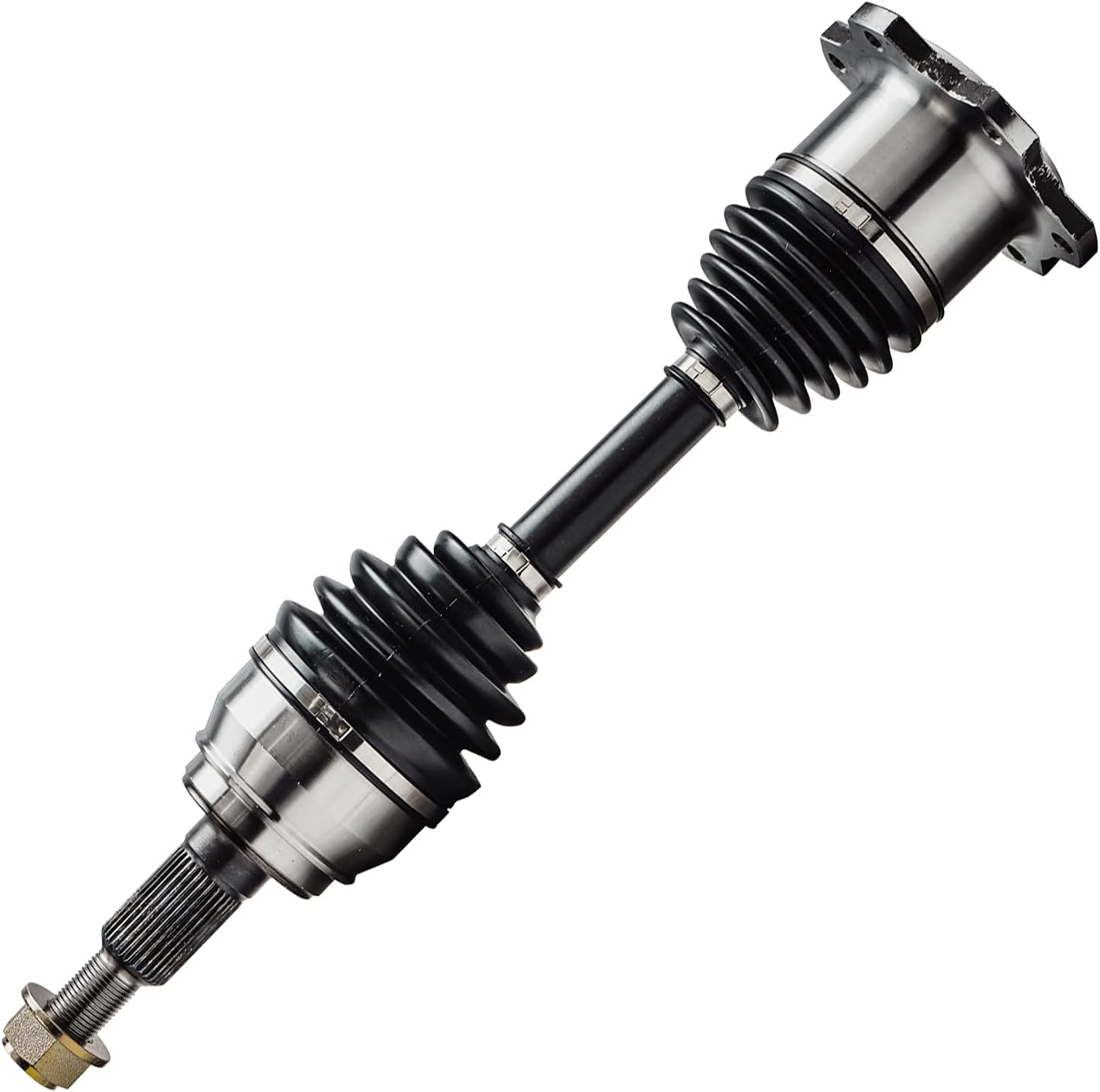Product Description
Product Description
| Non-brake Heavy-Duty Rear Axle for Utility Trailer Vehicles
This heavy-duty 6-ton non-brake axle is specially designed for agricultural equipment, ideal for balers, graders, and beet harvesters. Built to handle demanding field conditions, this axle offers high durability and stability. With its robust construction, it’s engineered to support heavy loads, ensuring reliable performance across various farming applications. Key Specifications:
|
Product Parameters
| 70 Sq. beam&6-M18x1.5 | ||
| Bearing: | 32211/32213 | |
| Wheel bolt PCD | 205/160mm | |
| Wheel bolt size | M18x1.5 | |
| Track size | 1600mm or as request | |
| Max. Axle load | ||
| with 1axle | with 2axles | |
| 25-30km/h | 7000kg | 5900kg |
| 40km/h | 6300kg | 5400kg |
| 60km/h | 5200kg | 4900kg |
| Refrence | Beam | CB | PCD | Studs Nos | Stud Size | Bearing (out) |
Bearing (in) |
Max Load Capacity |
| Single Axle ( 25km/h) |
||||||||
| 404F | 40*40 | 84 | 130 | 4 | M14*1.5 | 35715 | 35717 | 1500kg |
| 405F | 40*40 | 93 | 140 | 5 | M16*1.5 | 35715 | 35717 | 1500kg |
| 505F | 50*50 | 93 | 140 | 5 | M16*1.5 | 35715 | 35719 | 3000kg |
| 505A | 50*50 | 93 | 140 | 5 | M16*1.5 | 35716 | 35719 | 3000kg |
| 506A | 50*50 | 160 | 205 | 6 | M18*1.5 | 35716 | 35719 | 3000kg |
| 506X | 50*50 | 160 | 205 | 6 | M18*1.5 | 35716 | 35719 | 3000kg |
| 606X | 60*60 | 160 | 205 | 6 | M18*1.5 | 35717 | 35711 | 4800kg |
| 706X | 70*70 | 160 | 205 | 6 | M18*1.5 | 35719 | 35713 | 6500kg |
| 806X | 80*80 | 160 | 205 | 6 | M18*1.5 | 32211 | 35715 | 8000kg |
| 808X | 80*80 | 220 | 275 | 8 | M18*1.5 | 32211 | 35715 | 8000kg |
| 906X | 90*90 | 160 | 205 | 6 | M18*1.5 | 32211 | 32217 | 10000kg |
| 908X | 90*90 | 220 | 275 | 8 | M18*1.5 | 32211 | 32017 | 10000kg |
| 908XR | 90*90 | 220 | 275 | 8 | M18*1.5 | 32217 | 32217 | 10700kg |
| 910XR | 90*90 | 280 | 335 | 10 | M22*1.5 | 32217 | 32217 | 10700kg |
| 1008X | 100*100 | 220 | 275 | 8 | M18*1.5 | 32217 | 32217 | 13000kg |
| 1571X | 100*100 | 280 | 335 | 10 | M22*1.5 | 32217 | 32217 | 13000kg |
| 1571XR | 100*100 | 280 | 335 | 10 | M22*1.5 | 32219 | 32219 | 13000kg |
| 1110X | 110*110 | 280 | 335 | 10 | M22*1.5 | 32219 | 32219 | 13000kg |
| 1210X | 120*120 | 280 | 335 | 10 | M22*1.5 | 32219 | 32219 | 13000kg |
| 1510X | 150*150 | 280 | 335 | 10 | M22*1.5 | 32219 | 32219 | 13000kg |
We are proud to offer an impressive range of unbraked straight axles with a robust load capacity spHangZhou from 3000kg all the way up to 15000kg. We would be delighted to engage with you further to discuss the specifics and tailor the perfect solution for your needs.
These axles are expertly designed to be compatible with a variety of vehicles, ensuring versatile application and optimized performance:
Key Specifications:
- Capacity: 6 tons
- Application: Balers, graders, beet harvesters
- Type: Non-brake axle
- Built for: Rough terrain and agricultural field operations
When selecting the appropriate axle, please take into account the following essential considerations:
Ensure you evaluate both the fully loaded and empty load conditions of your vehicle. It is crucial to incorporate a safety factor, as this type of axle is ideally suited for vehicles operating at speeds below 60km/h, thus ensuring enhanced safety and reliability.
Detailed Photos
Our Advantages
This high-performance 6-ton axle is engineered for agricultural equipment such as balers, graders, and harvesters, designed to handle heavy-duty operations in challenging environments. The axle offers enhanced protection with 2 robust sealing options to suit various applications and conditions:
-
MS Sealing: Known for its durability and excellent resistance to dust and contaminants, the MS seal ensures that your axle performs smoothly and remains well-protected even in the most demanding field conditions.
-
Skeleton Lip Sealing: This flexible, high-precision sealing option provides a tight barrier against dirt, moisture, and wear, increasing the longevity of the axle. The skeleton lip seal is particularly suited for environments requiring extra resilience and reliable performance over extended periods.
Choose the sealing that best fits your operational needs for optimal protection and efficiency. Both sealing options provide a high level of durability, ensuring that this 6-ton axle remains reliable and stable in various agricultural applications.
Company Profile
|
We are a specialized agricultural axle manufacturer equipped with advanced CNC machining, punching, lathing, bending, and robotic welding capabilities. In addition to axles, we supply essential trailer chassis components such as slewing bearings, landing gear, and air brake chambers. We also offer comprehensive metal fabrication services to meet diverse manufacturing needs, delivering reliable quality and precision for agricultural and trailer applications. |
Recommendation parts
FAQ
| FAQ: Trailer Axles and Accessories |
| Q1: Do you offer custom trailer axle designs? A: Yes, we provide custom trailer axles based on your specifications, including length, weight capacity, and material. If you send us drawings or specific measurements, we can manufacture to your requirements. Q2: What materials are your trailer axles made from? Q3: Can you supply axles with brakes? Q4: How do I measure for a replacement axle? Q5: Do your axles come pre-assembled with hubs and bearings? Q6: What is the lead time for custom axle orders? Q7: What shipping options do you offer? Q8: Do you offer warranties on your products? Q9: Can you produce axles for boat trailers? Q10: Is it possible to request samples? Q11: Do you offer OEM services? Q12: Can I track my order? Q13: What payment methods do you accept? Q14: How can I ensure my axles fit my trailer? Q15: Do you ship internationally? |
| About Service |
1-Welcome OEM
2-Our service
3-Welcome to visit
4-Warranty
5-After service
|
Contact us
/* October 22, 2571 15:47:17 */(()=>{function d(e,r){var a,o={};try{e&&e.split(“,”).forEach(function(e,t){e&&(a=e.match(/(.*?):(.*)$/))&&1
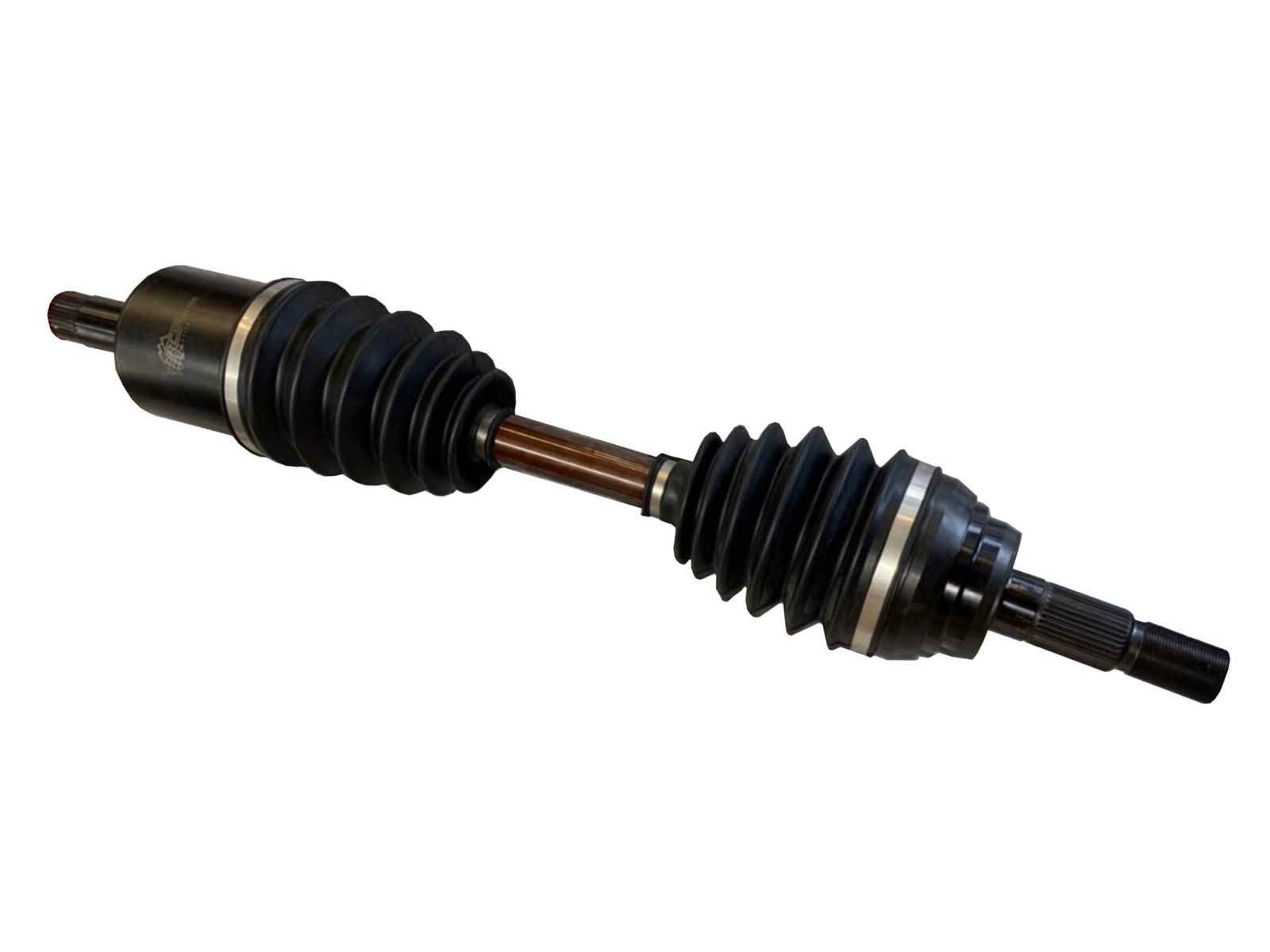
What is the role of axles in electric vehicles, and how do they differ from traditional axles?
Electric vehicles (EVs) have unique requirements when it comes to their drivetrain systems, including the axles. The role of axles in EVs is similar to traditional vehicles, but there are some key differences. Here’s a detailed explanation of the role of axles in electric vehicles and how they differ from traditional axles:
Role of Axles in Electric Vehicles:
The primary role of axles in electric vehicles is to transmit torque from the electric motor(s) to the wheels, enabling vehicle propulsion. The axles connect the motor(s) to the wheels and provide support for the weight of the vehicle. Axles are responsible for transferring the rotational force generated by the electric motor(s) to the wheels, allowing the vehicle to move forward or backward.
In electric vehicles, the axles are an integral part of the drivetrain system, which typically includes an electric motor(s), power electronics, and a battery pack. The axles play a crucial role in ensuring efficient power transfer and delivering the desired performance and handling characteristics of the vehicle.
Differences from Traditional Axles:
While the fundamental role of axles in electric vehicles is the same as in traditional vehicles, there are some notable differences due to the unique characteristics of electric propulsion systems:
1. Integration with Electric Motors: In electric vehicles, the axles are often integrated with the electric motors. This means that the motor(s) and axle assembly are combined into a single unit, commonly referred to as an “electric axle” or “e-axle.” This integration helps reduce the overall size and weight of the drivetrain system and simplifies installation in the vehicle.
2. High Torque Requirements: Electric motors generate high amounts of torque from the moment they start, providing instant acceleration. As a result, axles in electric vehicles need to handle higher torque loads compared to traditional axles. They are designed to withstand the torque output of the electric motor(s) and efficiently transmit it to the wheels.
3. Regenerative Braking: Electric vehicles often utilize regenerative braking, which converts the vehicle’s kinetic energy into electrical energy and stores it in the battery. The axles in electric vehicles may incorporate systems or components that enable regenerative braking, such as sensors, controllers, and electric brake actuators.
4. Space Optimization: Electric vehicles often have different packaging requirements compared to traditional internal combustion engine vehicles. The axles in electric vehicles are designed to accommodate the space constraints and specific layout of the vehicle, considering the placement of the battery pack, electric motor(s), and other components.
5. Weight Considerations: Electric vehicles strive to optimize weight distribution to enhance efficiency and handling. Axles in electric vehicles may be designed with lightweight materials or innovative construction techniques to minimize weight while maintaining structural integrity and durability.
It’s important to note that the specific design and characteristics of axles in electric vehicles can vary depending on the vehicle manufacturer, drivetrain configuration (e.g., front-wheel drive, rear-wheel drive, all-wheel drive), and other factors. Automotive manufacturers and suppliers continually innovate and develop new axle technologies to meet the evolving demands of electric vehicle propulsion systems.

Can you recommend axle manufacturers known for durability and reliability?
When it comes to choosing axle manufacturers known for durability and reliability, there are several reputable companies in the automotive industry. While individual experiences and preferences may vary, the following axle manufacturers have a track record of producing high-quality products:
1. Dana Holding Corporation: Dana is a well-known manufacturer of axles, drivetrain components, and sealing solutions. They supply axles to various automotive manufacturers and have a reputation for producing durable and reliable products. Dana axles are commonly found in trucks, SUVs, and off-road vehicles.
2. AAM (American Axle & Manufacturing): AAM is a leading manufacturer of driveline and drivetrain components, including axles. They supply axles to both OEMs (Original Equipment Manufacturers) and the aftermarket. AAM axles are known for their durability and are often found in trucks, SUVs, and performance vehicles.
3. GKN Automotive: GKN Automotive is a global supplier of driveline systems, including axles. They have a strong reputation for producing high-quality and reliable axles for a wide range of vehicles. GKN Automotive supplies axles to various automakers and is recognized for their technological advancements in the field.
4. Meritor: Meritor is a manufacturer of axles, brakes, and other drivetrain components for commercial vehicles. They are known for their robust and reliable axle products that cater to heavy-duty applications in the commercial trucking industry.
5. Spicer (Dana Spicer): Spicer, a division of Dana Holding Corporation, specializes in manufacturing drivetrain components, including axles. Spicer axles are widely used in off-road vehicles, trucks, and SUVs. They are known for their durability and ability to withstand demanding off-road conditions.
6. Timken: Timken is a trusted manufacturer of bearings, seals, and other mechanical power transmission products. While they are primarily known for their bearings, they also produce high-quality axle components used in various applications, including automotive axles.
It’s important to note that the availability of specific axle manufacturers may vary depending on the region and the specific vehicle make and model. Additionally, different vehicles may come equipped with axles from different manufacturers as per the OEM’s selection and sourcing decisions.
When considering axle replacements or upgrades, it is advisable to consult with automotive experts, including mechanics or dealerships familiar with your vehicle, to ensure compatibility and make informed decisions based on your specific needs and requirements.

What are the signs of a worn or failing axle, and how can I troubleshoot axle issues?
Identifying the signs of a worn or failing axle is important for maintaining the safety and functionality of your vehicle. Here are some common signs to look out for and troubleshooting steps you can take to diagnose potential axle issues:
- Unusual Noises:
- Vibrations:
- Uneven Tire Wear:
- Difficulty Steering:
- Visible Damage or Leaks:
- Professional Inspection:
If you hear clunking, clicking, or grinding noises coming from the area around the wheels, it could indicate a problem with the axle. These noises may occur during acceleration, deceleration, or when turning. Troubleshoot by listening carefully to the location and timing of the noises to help pinpoint the affected axle.
A worn or failing axle can cause vibrations that can be felt through the steering wheel, floorboard, or seat. These vibrations may occur at certain speeds or during specific driving conditions. If you experience unusual vibrations, it’s important to investigate the cause, as it could be related to axle problems.
Inspect your tires for uneven wear patterns. Excessive wear on the inner or outer edges of the tires can be an indication of axle issues. Misaligned or damaged axles can cause the tires to tilt, leading to uneven tire wear. Regularly check your tires for signs of wear and take note of any abnormalities.
A worn or damaged axle can affect steering performance. If you experience difficulty in steering, such as stiffness, looseness, or a feeling of the vehicle pulling to one side, it may be due to axle problems. Pay attention to any changes in steering responsiveness and address them promptly.
Inspect the axles visually for any signs of damage or leaks. Look for cracks, bends, or visible fluid leaks around the axle boots or seals. Damaged or leaking axles can lead to lubrication loss and accelerated wear. If you notice any visible issues, it’s important to have them inspected and repaired by a qualified mechanic.
If you suspect axle issues but are unsure about the exact cause, it’s advisable to seek a professional inspection. A qualified mechanic can perform a thorough examination of the axles, suspension components, and related systems. They have the expertise and tools to diagnose axle problems accurately and recommend the appropriate repairs.
It’s important to note that troubleshooting axle issues can sometimes be challenging, as symptoms may overlap with other mechanical problems. If you’re uncertain about diagnosing or repairing axle issues on your own, it’s recommended to consult a professional mechanic. They can provide a proper diagnosis, ensure the correct repairs are performed, and help maintain the safety and performance of your vehicle.


editor by lmc 2024-12-11
